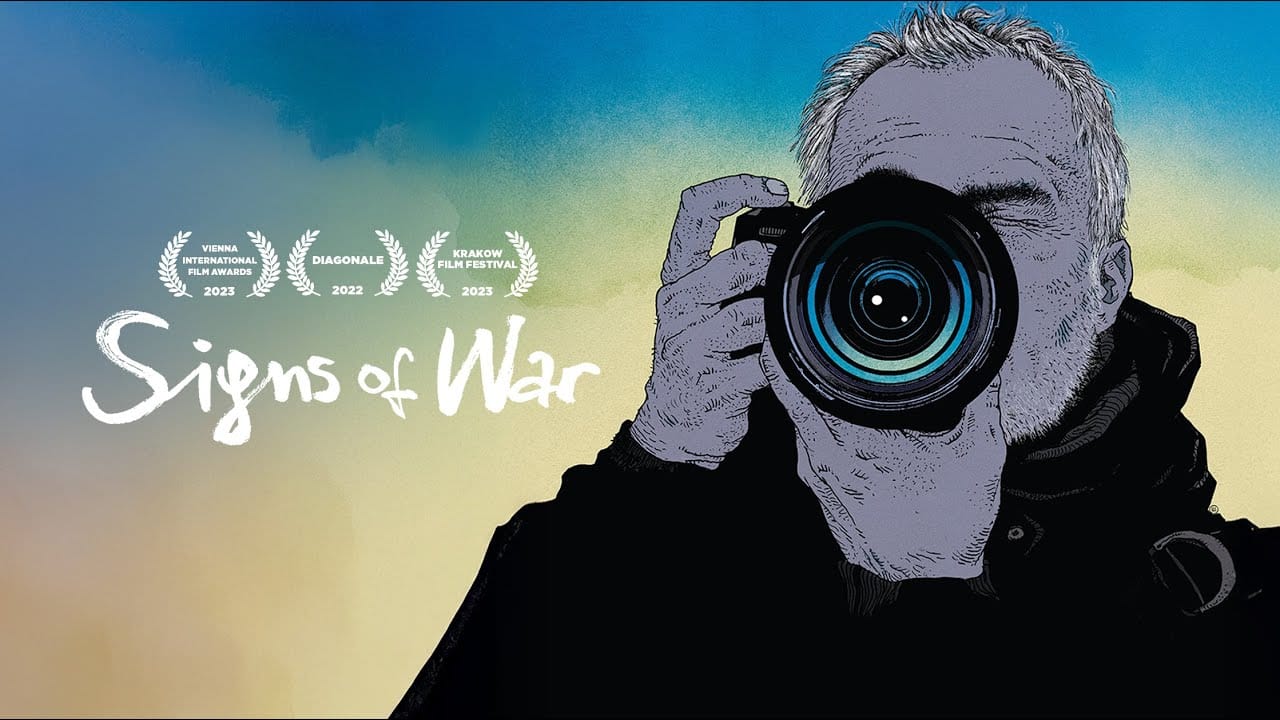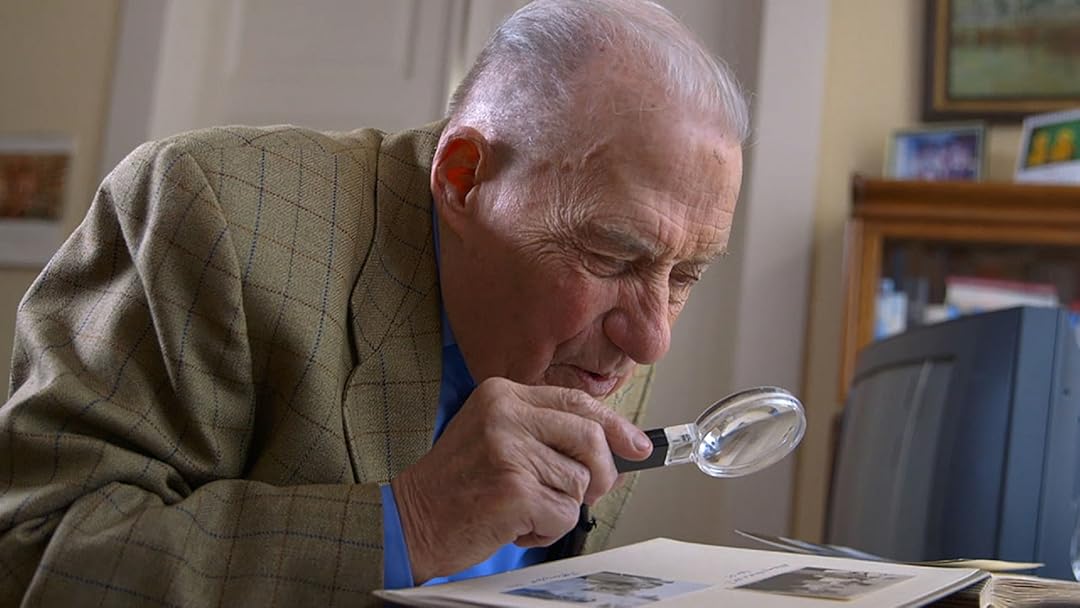Keywords: Chinese history, Empress Wu, Dark Ages, documentary, cutting-edge technology, CGI, drone technology, dramatic reconstructions.
Three words: Insightful, Intriguing, Historical
Introduction
"China's Forgotten Emperor" is a compelling documentary directed by Stephen Finnigan and released in 2017. It examines the life and reign of Empress Wu, a controversial figure in Chinese history who has been vilified for over a thousand years. However, recent research and technological advancements have begun to shed new light on her story.
Synopsis
Empress Wu has been described in various ways - as a murderess, tyrant, and pervert - and is often depicted as a monstrous figure who brought China to the brink of ruin. "China's Forgotten Emperor" challenges these assertions, offering a more nuanced view of the Empress and her impact on China during the Dark Ages. The documentary makes use of CGI, drone technology, and dramatic reconstructions to delve into the life of Empress Wu, exploring the possibility that she was, in fact, a formidable ruler who transformed China into a superpower.
More Film Analysis
Analysis
The documentary applies an investigative approach, using cutting-edge technology and historical research to reinterpret Empress Wu's reign. The film's in-depth exploration of her life and the era she ruled provides a fresh perspective on a part of history that has long been misunderstood.
Historical and Factual Context
Empress Wu, also known as Wu Zetian, was the only female emperor in the history of China, ruling during the Tang Dynasty. She has been a controversial figure in Chinese history, often vilified in historical accounts. This documentary provides a more balanced view, highlighting her accomplishments and the challenges she faced.
Key themes in the film
- The reinterpretation of history
- The role of women in power
- The impact of technology on historical research
Film Comparisons
"China's Forgotten Emperor" offers a unique exploration of Chinese history, akin to documentaries such as "The First Emperor: China's Terracotta Army" and "The Lost Dynasty of China", but with a distinct focus on the reign and impact of Empress Wu.
Noteworthy Moments
The documentary's use of CGI and drone technology to recreate the historical context is a particularly striking aspect of the film. The dramatic reconstructions of key moments from Empress Wu's life offer a vivid and immersive portrayal of her reign.
Reviews
"China's Forgotten Emperor" offers a refreshing perspective on a controversial figure in Chinese history. The documentary has been praised for its in-depth exploration and innovative use of technology to bring history to life.
Conclusion
"China's Forgotten Emperor" offers an enlightening exploration of Empress Wu's life and reign. It's a must-watch for history enthusiasts and anyone interested in understanding the complexities of power and gender in ancient China.
More film information:
FILM SUMMARY
- Genre: Documentary
PERSONALITIES
- Empress Wu: The only female emperor of China, ruling during the Tang Dynasty.
LOCATIONS
- China: The documentary explores the life and reign of Empress Wu in ancient China.
Key Questions Raised by the Film:
- How does the reinterpretation of history change our understanding of Empress Wu?
- What role did Empress Wu play in shaping China during the Dark Ages?
- How does the documentary's use of technology impact the representation of history?
Links for Further Exploration:
I wonder what the film would be in another art form



- If this film was a famous book, which one would it be? "The Woman Who Ruled China" by X.L. Woo, because it also explores the life and reign of Empress Wu.
- If this film was a famous song, which one would it be? "Respect" by Aretha Franklin, as it reflects the struggle for respect and recognition faced by Empress Wu.
- If this film was a famous piece of art, which one would it be? "The Coronation of Napoleon" by Jacques-Louis David, as it depicts the ascendancy to power, much like Empress Wu's rise.
- If this film was a famous celebrity, who would it be? Oprah Winfrey, due to her influential role in media and her breaking of barriers, similar to Empress Wu.
- If this film was a color, which one would it be? Gold, symbolizing power and wealth, much like the Tang Dynasty under Empress Wu's rule.
- If this film was a music style, which one would it be? Classical music - complex, layered, and with a touch of drama, much like the life and reign of Empress Wu.








